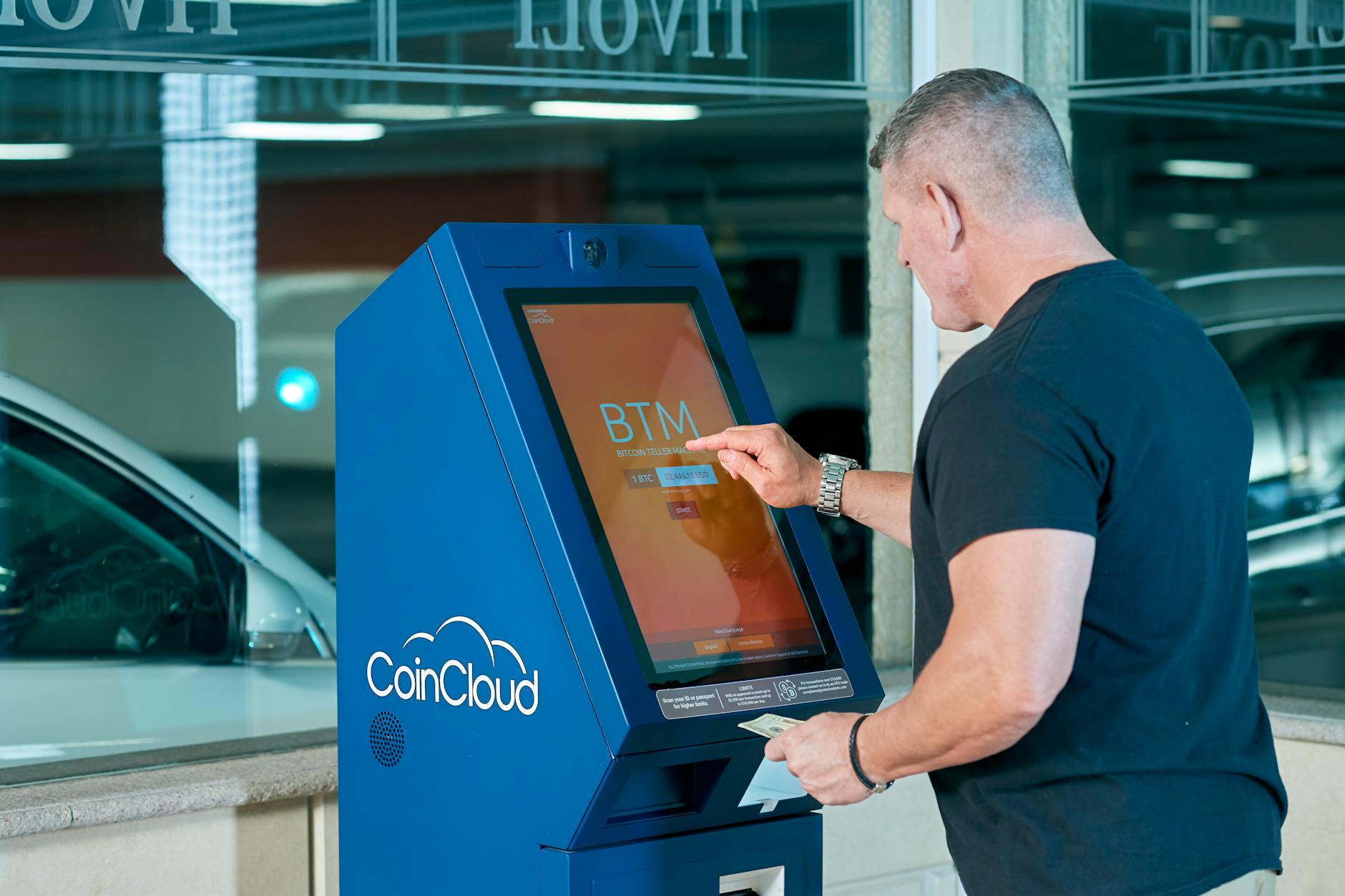The Philadelphia-based robotics firm Asylon has recently secured a substantial $26 million in Series B funding, led by Insight Partners, with contributions from other notable investors including Veteran Ventures Capital and Allegion Ventures. This significant influx of capital illustrates the growing investor confidence in Asylon's innovative approach to security, particularly through its adaptation of robotic guard dogs in the fintech sector.
Asylon, originally a drone-focused company, has expanded its technological repertoire to include DroneDog, a service that modifies the well-known Boston Dynamics robot dog Spot for enhanced security tasks. This adaptation isn't just about surveillance; DroneDog is equipped to handle hazardous situations that would be risky for humans and biological dogs, such as detecting gas leaks or hazardous chemicals. This capability could significantly alter how security operations are conducted across high-risk environments like financial hubs and data centers.
The introduction of such advanced robotic solutions in security operations could have profound implications for the fintech industry. With financial institutions constantly facing threats from both physical breaches and cyber attacks, the integration of robust, non-human patrols could enhance the resilience and responsiveness of security protocols. Importantly, these robotic systems can work continuously without the limitations that human guards face, potentially reducing the risk of security lapses due to human error or physical incapacity.
A closer look at the cost implications reveals that Asylon’s Robotic Security-as-a-Service (RaaS) might run between $100,000 to $150,000 annually, aligning closely with the costs of traditional human security services. This pricing strategy not only makes Asylon's offering competitive but also accessible for major corporations that already invest heavily in comprehensive security measures. The recent increase in corporate spending on security, catalyzed by incidents like the unfortunate demise of UnitedHealthcare CEO Brian Thompson, underscores the market potential for Asylon's innovative solutions.
Given the rising threats and the increasing complexity of security needs within the fintech sector, Asylon’s approach could represent a significant shift towards more integrated, technology-driven security systems. For insights into the broader trends of automation in fintech security, Asylon's strategies and offerings provide a compelling case study, as highlighted in this TechCrunch article.
Moreover, the evolution from traditional security to more automated and sophisticated systems like those offered by Asylon suggests an ongoing transformation within the sector. It could potentially set new standards for how security is managed in sensitive industries, making a strong case for increased investment and adoption of similar technologies across various sectors. As security technologies evolve, the fintech industry, known for its rapid adoption of innovation, could see significant shifts in how it approaches the protection of assets and facilities.
In summary, Asylon's successful funding round not only highlights the financial community's belief in the viability of robotic security solutions but also signals a broader trend towards more automated and resilient security operations in fintech. As the company continues to innovate and expand its offerings, it will be interesting to observe how these developments influence the overall strategy and security posture within the industry.



